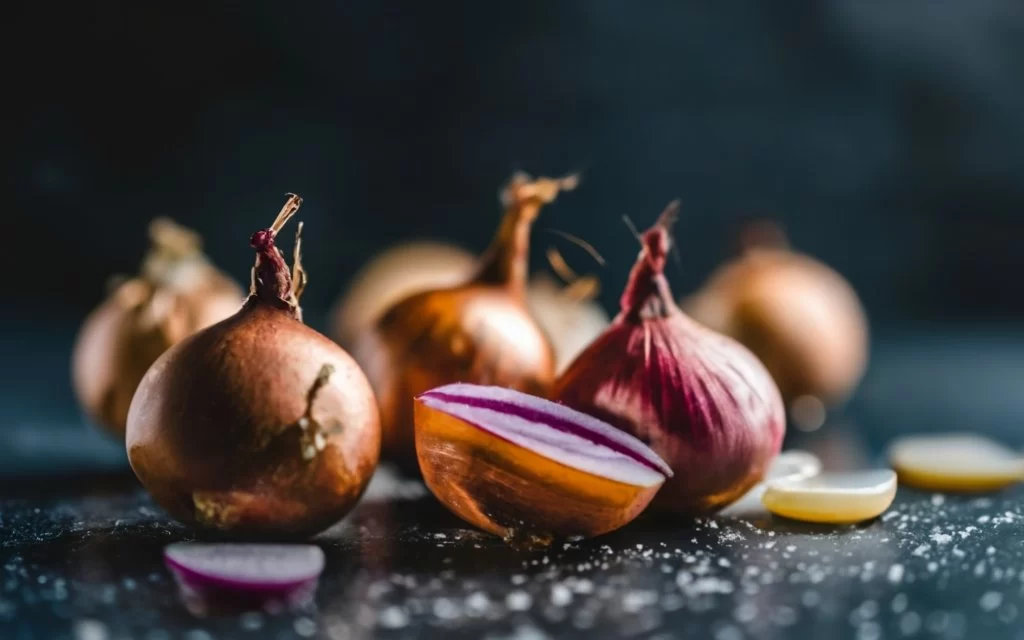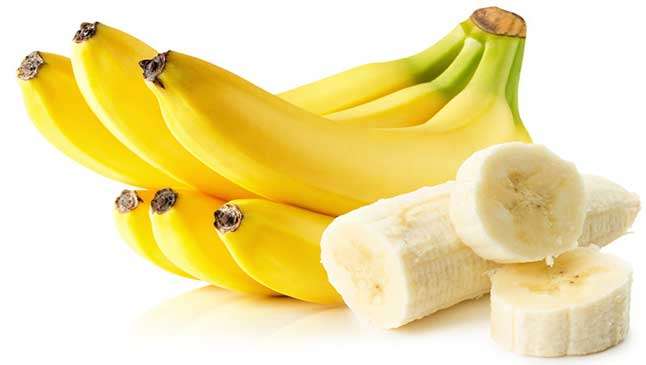Understanding the Nutritional Content of Yellow Onions
Welcome to a flavorful journey through the nutritional world of yellow onions. These unassuming veggies not only add a burst of taste to your dishes but also come packed with essential nutrients. In this article, we’ll explore the nutritional aspects of yellow onions, with a special focus on carbohydrates and calories.
Yellow Onion Nutrition Facts
Yellow onions are not just about flavor; they’re nutritional powerhouses too. Here’s a quick overview of why they deserve a spot on your plate:
- Vitamins: Yellow onions contain vitamin C, known for its immune-boosting properties.
- Minerals: They provide essential minerals like potassium and folate, vital for overall health.
How Many Carbs in Yellow Onion?
Now, let’s dive into the question that often comes to mind: How many carbs are there in a yellow onion? Understanding the carb content in foods is crucial for anyone mindful of their diet.
- Significance of Carbohydrates: Carbs are an essential energy source, making up a significant portion of our daily calorie intake.
Carbohydrates in Yellow Onions
To break it down further, here’s what you need to know about carbohydrates in yellow onions:
- Types of Carbs: Yellow onions contain carbohydrates in the form of dietary fiber and natural sugars.
- Specific Content: On average, a 100-gram serving of yellow onion contains about 9 grams of carbohydrates.
Calories in Yellow Onion
Calories are another aspect of nutrition that can’t be ignored. Let’s see how yellow onions fare in this department:
- Importance of Calories: Knowing the calorie content of foods helps you manage your daily intake.
- Typical Serving: A typical serving of yellow onion (approximately 100 grams) contains around 40 calories.

Comparing Yellow Onions to Other Onion Varieties
Are yellow onions unique in terms of carbs and calories? Let’s make a quick comparison with some other common onion varieties, such as red and white onions:
- Carbohydrate and Calorie Comparison: Yellow onions generally have similar carb and calorie content to their red and white counterparts.
Net Carbs in Onions
For those following low-carb diets, understanding net carbs is crucial. Here’s what you need to know about net carbs in onions:
- Definition: Net carbs are the carbohydrates that have a significant impact on blood sugar levels.
- Net Carb Content: A 100-gram serving of yellow onions typically contains around 7 grams of net carbs.
Are Onions High in Carbs?
There’s a common misconception that onions are high in carbs and should be avoided in certain diets. Let’s clear that up:
- Misconception: Onions are not excessively high in carbs and can be included in most diets.
- Versatility: They add flavor and nutrients to a wide range of dishes, making them a versatile choice.
Now that you’re armed with knowledge about yellow onion nutrition, you can make informed choices about incorporating these flavorful veggies into your meals. Remember, they not only taste great but also contribute positively to your overall health.
Explore more about onions and their nutritional value in the FAQs section below.
- Sauté for Flavor: Sautéing yellow onions in a bit of olive oil or butter can add a savory depth to your dishes.
- Base for Soups and Sauces: Use finely chopped yellow onions as a base for soups, stews, and sauces to create a rich flavor foundation.
- Grilled or Caramelized: Grilled or caramelized yellow onions make excellent toppings for burgers and sandwiches, adding a sweet and smoky twist.
- Raw in Salads: Thinly sliced raw yellow onions can provide a crisp, tangy bite to salads and sandwiches.
- Pickled Onions: Quick-pickling yellow onions with vinegar, sugar, and spices yields a zesty condiment.
Yellow onions’ culinary versatility knows no bounds. From the simplest of salads to the heartiest of stews, they’re a staple in many cuisines.
FAQs about Yellow Onion Nutrition
Understanding the nutritional aspects of yellow onions often leads to questions. Let’s address some of the most common queries people have:
Q1: Are onions a good source of vitamins?
- Answer: Yes, yellow onions contain vitamin C, an essential nutrient for immune support.
Q2: Can I eat yellow onions on a low-carb diet?
- Answer: Absolutely! Yellow onions have a moderate carb content and can be included in most low-carb diets.
Q3: What is the recommended serving size for yellow onions?
- Answer: A typical serving of yellow onions is around 100 grams, offering flavor without overwhelming your calorie or carb intake.
Q4: How do I store yellow onions to maintain their nutritional value?
- Answer: Store yellow onions in a cool, dry place, away from direct sunlight. This helps preserve their vitamins and minerals.
By keeping these tips in mind and understanding the nutritional value of yellow onions, you can make them a delightful and nutritious addition to your meals.
Read More:
Decoding French Onion Soup Calories: What You Need to Know
Eating onions can help diabetics control their blood sugar levels; learn how they should eat onions.


